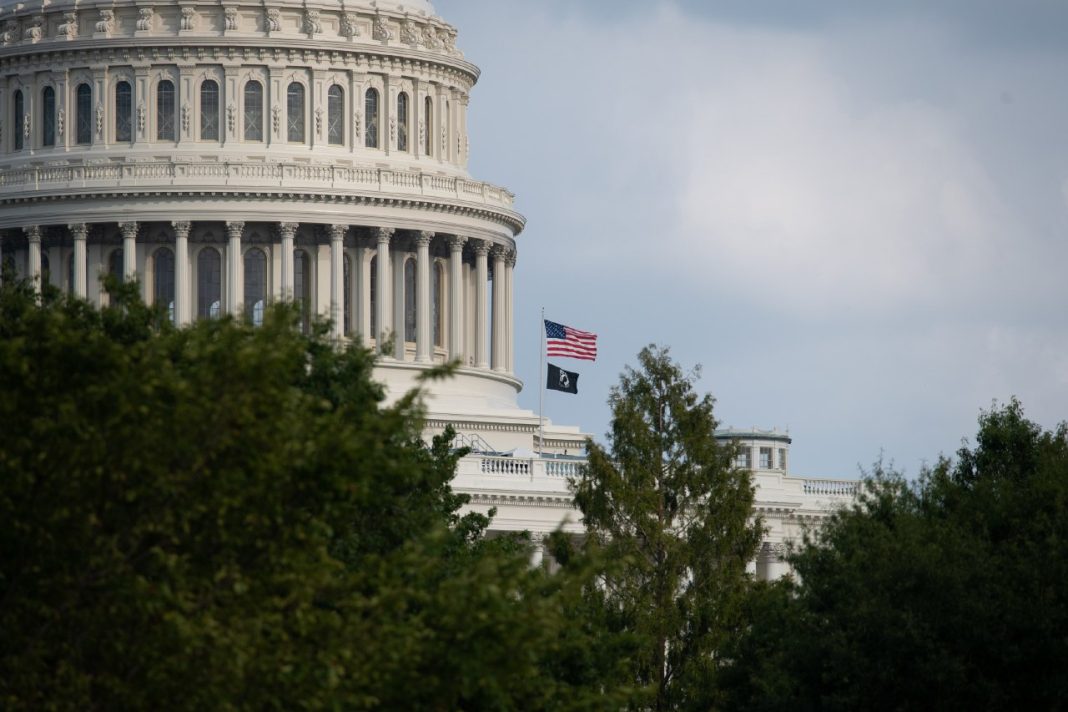Top House Democrat Hakeem Jeffries and Representative Steny Hoyer will lead a group of 24 lawmakers, who will also discuss extremism and Iran’s nuclear capabilities, Jeffries’ office said in a statement on Sunday.
Democratic President Joe Biden has supported a two-state solution to the Israeli conflict with Palestinians.
Democrats are in the minority in the House and hold the majority in the US Senate.
“While in Israel and the West Bank, the Members will hold high-level meetings with Israeli and Palestinian leaders, meet with various activists and stakeholders and spend meaningful time in areas important to the security of the region,” the statement added.
The West Bank is among areas where Palestinians seek statehood. US-mediated negotiations with Israel to that end stalled almost a decade ago, boosting hardliners on both sides and prolonging Israel’s continued occupation.
The visit by the US Democratic delegation comes amid worsening violence in the West Bank since last year, with more Israeli raids and Palestinian street attacks on Israelis.
The United States recently expressed frustration with the surging violence under Israel’s hard-right government.
Israeli security forces fatally shot three Palestinians in the West Bank on Sunday, Israeli police said, drawing threats of revenge by Palestinian factions.
Jeffries’ office announced the Democratic delegation will also focus attention on the ongoing judicial reform debate in Israel.
Prime Minister Benjamin Netanyahu and his hard-right coalition have undertaken a judicial overhaul that will potentially curtail the Supreme Court’s powers, triggering nationwide protests and international criticism.
Proponents say the step will restore balance to the branches of government, while those against say it removes checks on government powers.
